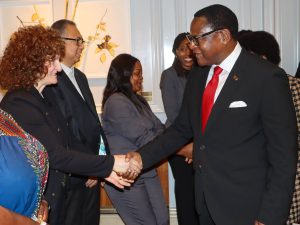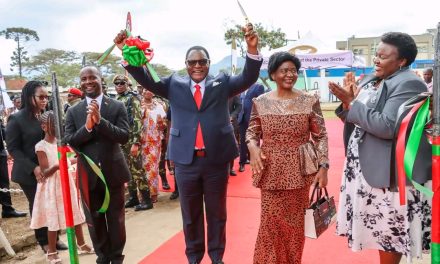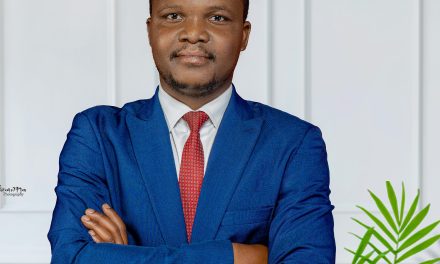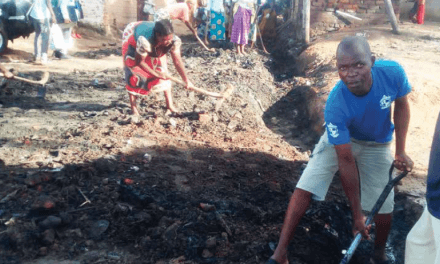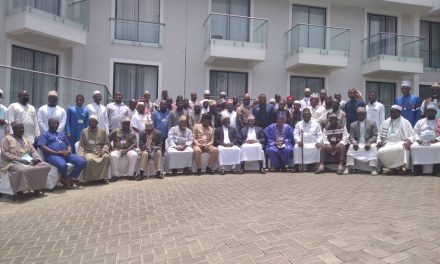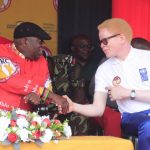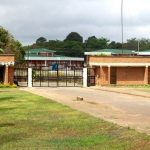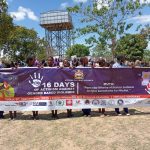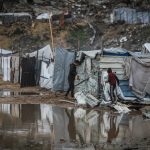
Chakwera Engages IMF and World Bank at UNGA
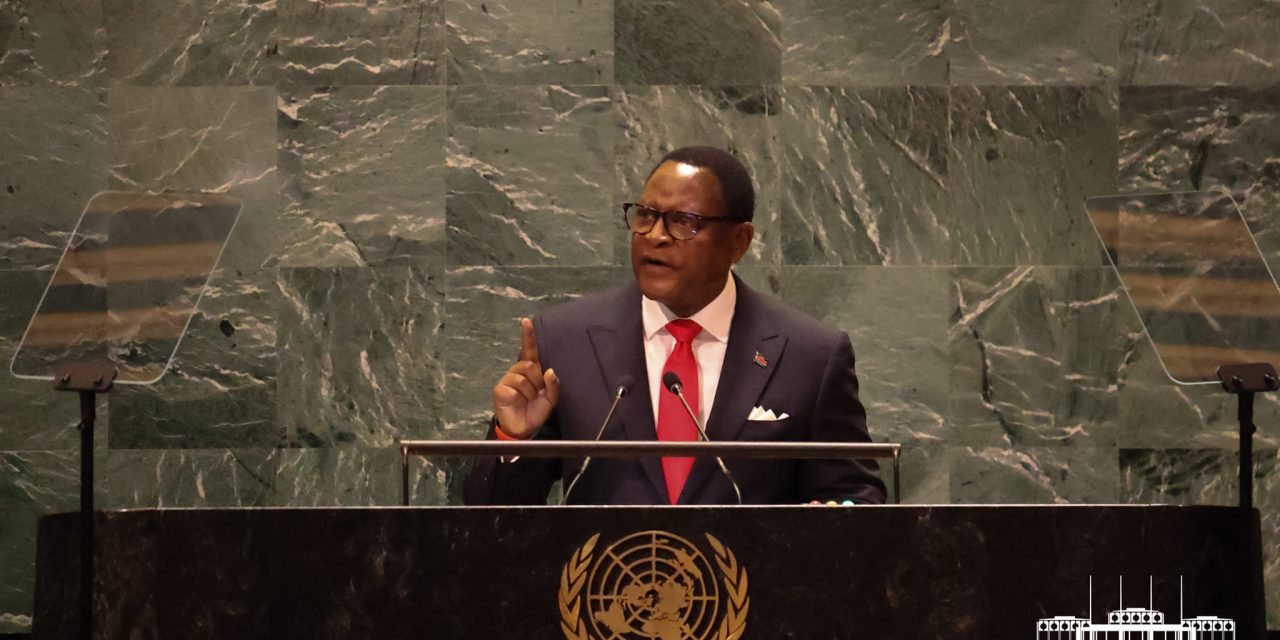
By Hanis Ogrieve Ntapasha
President Dr Lazarus Chakwera returned to Malawi on Saturday, October 5, through Kamuzu International Airport (KIA) in Lilongwe, following his participation in the 79th session of the United Nations General Assembly (UNGA) in New York.
The UNGA serves as a vital platform where world leaders discuss global issues, foster international alliances, and advocate for policies that promote peace and prosperity. During his time in New York, President Chakwera attended several high-level meetings, including the Summit of the Future and discussions on the Miombo Forest Declaration.
In his address to the General Assembly, President Chakwera outlined Malawi’s developmental priorities and urged global support, particularly in the areas of agriculture, tourism, and mining (ATM). He emphasized that his visit was crucial for engaging potential investors in these sectors, which are seen as key to driving Malawi’s economic growth.
Throughout his speeches and meetings with global leaders, the President highlighted significant challenges Malawi faces, including climate change, poverty, and global health crises. He also reaffirmed Malawi’s commitment to contributing meaningfully to the global community, emphasizing the importance of collaboration to overcome these shared obstacles.
President Chakwera stressed that for Malawi to achieve food security, create jobs, and generate wealth, productivity in the agriculture, tourism, and mining sectors must be enhanced. This, he said, would require partnerships with investors and the implementation of sustainable business practices.
“I am glad that I represented the nation at this important assembly,” President Chakwera said. “I engaged with investors and participated in discussions where I underscored the devastating impact of climate change on Malawi, which has led to widespread food insecurity. Without urgent action, achieving the Sustainable Development Goals (SDGs) by 2030 will remain a distant goal.”
Under the ATM strategy, Malawi is focusing on increasing productivity through commercialization and digitization, enhancing value through industrialization, and promoting sustainability via climate-smart practices. The President reiterated that breaking free from the cycle of poverty requires strategic investments in these sectors.
During his trip, President Chakwera held bilateral talks with several global leaders, including the Presidents of Latvia, Ireland, and Kenya, as well as UN Secretary-General António Guterres. He also hosted the second Malawi Partners Conference, which brought together prominent global figures and investors to discuss long-term solutions for food security.
Notably, Mozambican President Filipe Nyusi and African Development Bank (AfDB) President Akinwumi Adesina attended the conference. Adesina announced a grant of K95 billion to Malawi, with K1 billion earmarked for purchasing food for those affected by hunger, to be distributed through the Department of Disaster Management Affairs.
In Washington, D.C., President Chakwera met with leaders of the International Monetary Fund (IMF), World Bank, and USAID. He expressed appreciation for their continued support and discussed avenues for fast-tracking Malawi’s economic growth.
At the World Bank’s headquarters, President Chakwera met with Managing Director for Operations Anna Bjerde, who reaffirmed the bank’s commitment to supporting Malawi’s economic transformation. The two leaders discussed the utilization of funds from the International Development Association (IDA), which focuses on assisting poorer countries.
A key takeaway from these discussions was Malawi’s inclusion in a project to provide electricity access to 300 million Africans by 2030. The World Bank recognized that Malawi requires tailored interventions to boost clean energy investments as a catalyst for sustainable development.
President Chakwera also met with IMF Managing Director Kristalina Georgieva to review Malawi’s progress on the Extended Credit Facility (ECF) and discuss debt restructuring efforts. The President assured both institutions that Malawi remains committed to economic reforms and recovery.
Minister of Finance Simplex Chithyola Banda, who accompanied the President, commended the meetings, stating, “It was vital for President Chakwera to meet with these leaders to reaffirm Malawi’s commitment to turning around the economy for the betterment of its citizens.” He further emphasized the importance of the discussions on the ECF and debt restructuring as crucial steps toward stabilizing Malawi’s financial position.
The 79th session of UNGA was held under the theme “Leaving No One Behind: Acting Together for Peace, Sustainable Development, and Human Dignity for Present and Future Generations.”
